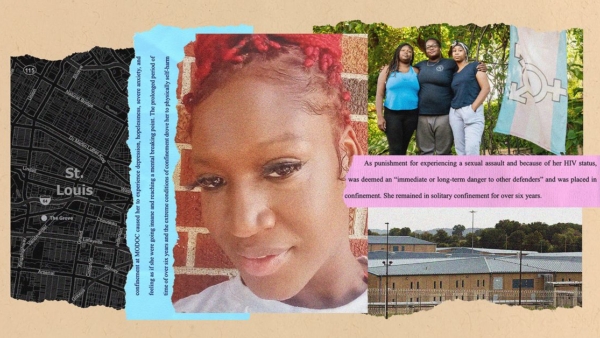
New Policy Bars Many Lawfully Present and Undocumented Immigrants from a Broad Range of Federal Health and Social Supports
On July 14, 2025, the U.S. Department of Health and Human Services (HHS) issued a notice of a policy change to update the definition of “federal public benefits” as outlined in the Personal Responsibility and Work Opportunity Reconciliation Act of 1996 (PRWORA) to add an additional 13 programs to the 31 programs considered “federal public benefits” that are restricted to individuals with a “qualified” immigration status. The notice further indicates that the updated list of federal benefits is not exhaustive, and additional programs may be added in the future. This change bars many groups of lawfully present immigrants as well as undocumented immigrants from accessing many health care, educational, and other social services and will likely have negative impacts on the health and well-being of immigrant families due to more limited access to services as well as confusion and fear about using services. It also may create new challenges and complexities for service providers. Many implementation questions remain unclear and subject to future guidance, including how verification of immigration status may occur and how the policy will be reconciled with existing conflicting statutory and regulatory requirements, which supersede the guidance. This policy change took effect immediately upon publication of the notice in the federal register on July 14, 2025, although it provides for a 30-day comment period. It also indicates that it will issue further implementation guidance.
Prior Policy under PRWORA
When enacted in 1996, PRWORA established federal requirements that limited eligibility for “federal public benefits” to groups who are “qualified immigrants.” The groups defined as “qualified immigrants” are more limited than groups who are considered lawfully present in the U.S. and exclude undocumented immigrants. Notably, qualified immigrants do not include people with Temporary Protected Status and people with deferred action, including Deferred Action for Childhood Arrivals recipients, among other lawfully present groups (Box 1).
Box 1: Lawfully Present Immigrants by Qualified Status
| Qualified Immigrants | Other Lawfully Present Immigrants |
|
|
The PROWRA legislation provided discretion to federal agencies to determine which benefits and programs are “federal public benefits,” while also identifying specific exemptions such as treatment for emergency medical conditions, certain disaster relief, immunizations, and testing and treatment for communicable diseases. It also clarified that non-profit organizations were not required to verify the immigration status of individuals receiving benefits or services. Under policy established in 1998, HHS identified 31 health and social programs considered to be “federal public benefits” restricted to “qualified immigrants,” including major health coverage programs such as Medicaid (excluding emergency Medicaid), Medicare, and the Children’s Health Insurance Program (CHIP).









